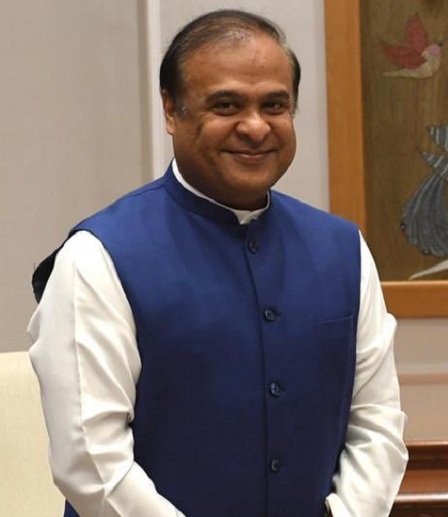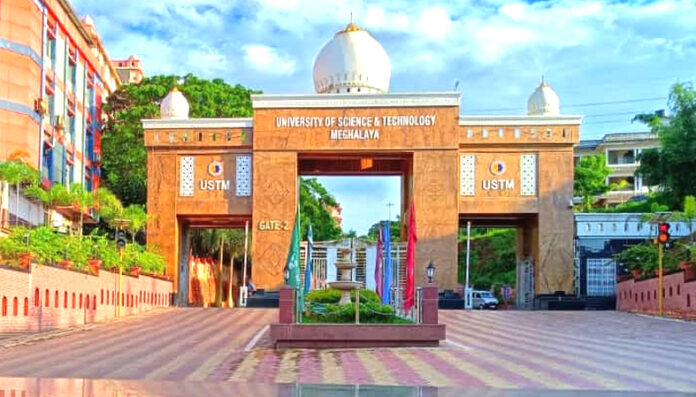India’s BJP-ruled Assam state has announced a proposed ban on graduates of a Muslim university from neighbouring Meghalaya state from applying for government jobs after accusing the university of inciting “flood jihad” (deliberately starting floods).
The announcement was made on Wednesday by Assam state’s Chief Minister Himant Biswa Sarma, who has a history of making anti-Muslim remarks.
The Muslim-owned university – The University of Science and Technology (USTM) – is ranked among the top 200 universities in India but media reports indicate that Sarma accused it of contributing to recent floods.
Chancellor Mahbubul Hoque, specifically, has been at the receiving end of several attacks from Sarma, who has accused him of being responsible for flash floods in Guwahati due to “deforestation” and hill-cutting for campus construction, as well as claiming that the university’s main gate with three domes is a sign of “jihad.”
“That’s why I have asked the legal department to examine this – that if students from USTM want a job in Assam, they will have to take another exam.”
“Our students from Guwahati and Dibrugarh University are suffering because of this (USTM students applying for government posts in Assam),” a report in an Indian news daily cited Sarma as saying.
He added: “Not just USTM but from West Bengal, Karnataka, Maharashtra, all outside universities. But my anger against USTM is a little more. Because they are throwing water at us.”
Subscribe to our newsletter and stay updated on the latest news and updates from around the Muslim world!
These claims have been widely discredited, with experts dismissing them as unfounded.
Meanwhile, opposition leaders have criticised Sarma, urging him “not to play with the lives of thousands of students” and open the door to other states adopting similar policies, which might negatively impact students from Assam.

“The issue of rising unemployment is already plaguing the state, and the government has failed to generate the employment it promised. In such a situation, remarks like these will only make things worse for students,” said a leader of the opposition, speaking in an Assembly session.
Another political leader from Assam, Akhil Gogoi, also condemned Sarma’s remarks, asserting that there is no provision in the Indian Constitution allowing a Chief Minister to bar graduates from a University Grants Commission (UGC)-recognised university from securing government jobs in any state.
“If USTM graduates can’t get government jobs in Assam, then his son, who is studying in Bangalore, should also be barred from getting a job in the state,” Gogoi remarked, accusing the Chief Minister of pursuing a personal vendetta against the institution.
He further criticised the government’s alleged double standards, pointing out that while USTM is accused of illegal hill-cutting, four hills were cleared for the construction of Vandya International School in Amingaon. The school is owned by Chief Minister Sarma’s wife.
In response to the backlash, Cabinet Minister Pijush Hazarika defended the Chief Minister, suggesting that the government could indeed implement such a law if necessary.
“The government can make such a law. For instance, if someone studies MBBS in a foreign country, they have to pass an exam affiliated with the Medical Council of India to practice in India. If the Chief Minister has made this statement, I’m sure he has something in mind,” Hazarika said.
Critics argue that Sarma’s actions reflect a deeper anti-Muslim sentiment, citing his history of controversial statements and policies targeting the Muslim community.
His latest comments are seen as an attempt to marginalise and discriminate against an educational institution headed by a Muslim leader, exacerbating communal tensions in the region.
On August 7, the Assam High Court criticised Sarma and his ministry for poor water drainage management in Guwahati, which resulted in a flash flood on August 5. In an attempt to divert attention from the failure, Sarma began targeting a Muslim-owned private university.























